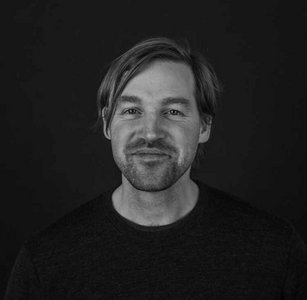Dr Daniel Herwartz from the University of Cologne’s Institute of Geology and Mineralogy has been awarded the coveted Consolidator Grant by the European Research Council (ERC). Herwartz will receive a total of 2 million euros in funding over a period of 5 years. ERC Consolidator Grants are awarded to excellent early-career researchers. In his project “The kinetic oxygen cycle in chemical sediments” (KinO), which has been selected for funding, Herwartz mainly examines limestones that have formed in sea water.
For more than 70 years, researchers have been able to trace back ocean temperatures in Earth’s history based on the isotopic composition of oxygen (16O und 18O) in limestone. This method works well for certain samples from recent Earth history. However, temperature reconstructions for over 3-billion-year-old samples indicate oceans hotter than 70°C, and are highly controversial. Herwartz additionally measures the third oxygen isotope 17O to check whether the calculated temperatures are accurate or not. As part of the funded project, he wants to explore the formation conditions of limestones in more detail to improve the temperature reconstructions. “The project focuses on examining temperature fluctuations associated with mass extinction. This provides a better understanding of how ecosystems have responded to natural and much slower climate fluctuations than today,” Herwartz said.
The European Research Council (ERC) is the funding organization of the European Union. Each year, the council selects research proposals from scholars and scientists of all nationalities whose projects are to be carried out in Europe. ERC Consolidator Grants are awarded to researchers seven to twelve years after completion of their doctorate. The research must be conducted in a public or private research institution in an EU Member State or associated country. Last year, Herwartz already received a prestigious grant from the German Research Foundation (Heisenberg). In that project, he also uses the oxygen isotope 17O, among other things, to better understand the phosphate cycle in soils.
Media Contact:
Dr. Daniel Herwartz
Institute of Geology and Mineralogy
+49 221 470 3240
d.herwartzuni-koeln.de
Press and Communications Teams:
Jan Voelkel
+49 221 470 2356
j.voelkelverw.uni-koeln.de
